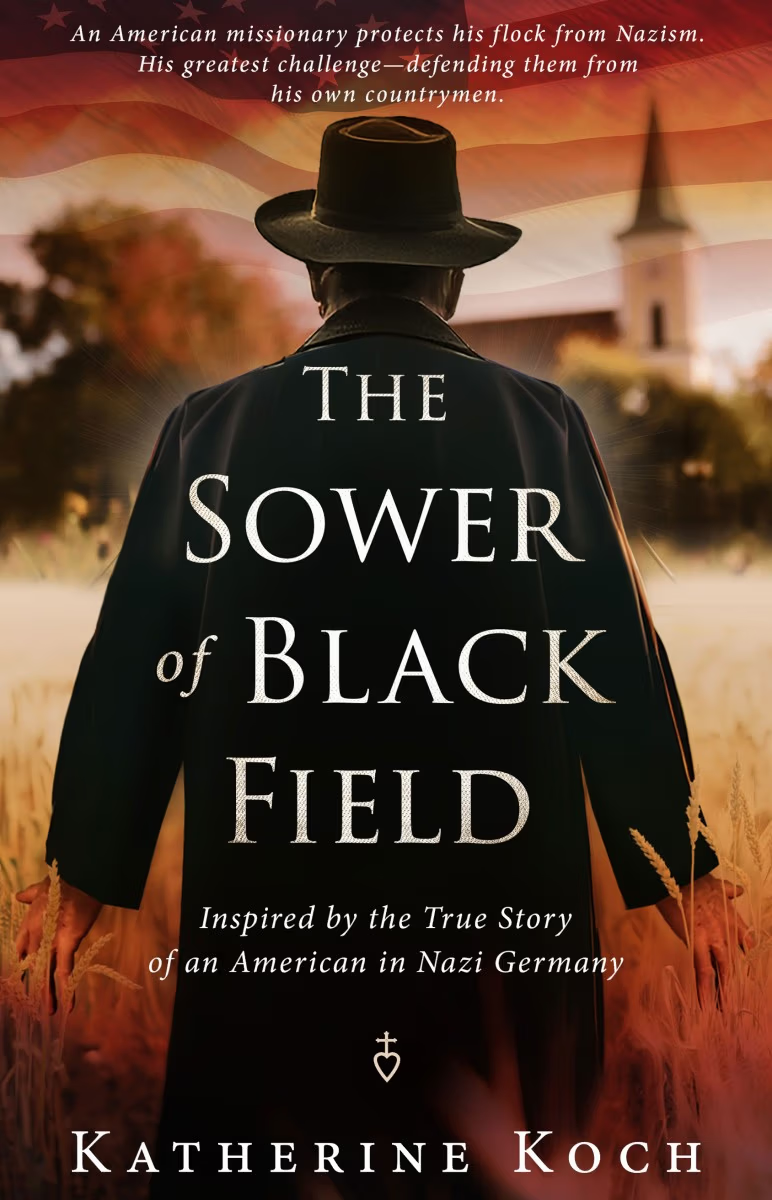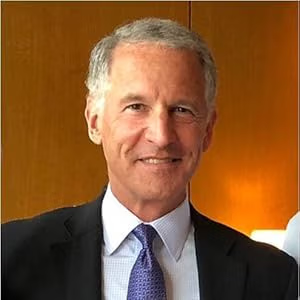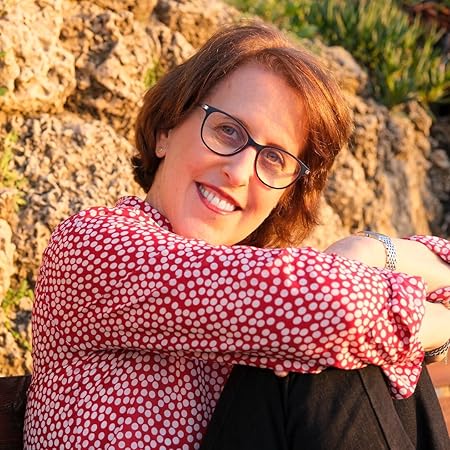In this exclusive interview, Writers N Authors sits down with Katherine Koch, the talented author behind the gripping World War II religious historical fiction novel, The Sower of Black Field: Inspired by the True Story of an American in Nazi Germany. This book delves deep into Jewish history, 20th-century world events, and the harrowing experiences of the Jewish Holocaust. Koch’s novel brings to life a remarkable, yet little-known, story from the darkest days of history.
Writers N Authors: Can you elaborate on some of the most challenging aspects of your research process for this novel?
Katherine Koch: Researching this story presented a unique set of challenges. Fr. Viktor Koch, my great-granduncle, played a pivotal role in saving the town of Schwarzenfeld from Patton’s Third Army, but his story was almost lost to history. My family knew very little about his wartime experiences because he rarely spoke of them. It wasn’t until an American WWII veteran named Ed Pancoast began researching and eventually connected with our family that we learned about Fr. Viktor’s heroic actions.
One of the most daunting challenges was piecing together a narrative from fragmented accounts. When we first connected with the people of Schwarzenfeld, they corrected many misconceptions we had about Fr. Viktor’s story. From there, we had to correspond with witnesses and researchers across continents, often waiting months for translations of letters. Despite these obstacles, the process was incredibly rewarding and culminated in a deeper understanding of Fr. Viktor’s legacy.

Writers N Authors: Were there any particular historical documents or sources that were especially influential in shaping the narrative?
Katherine Koch: Absolutely. The most influential sources were a letter Fr. Viktor wrote in 1946, which we found in the Passionist Archives, and the Miesbergkirche’s 250-year chronicle. These documents provided crucial insights into his experiences and the town’s recognition of his efforts. The quote from Fr. Viktor about always being ready to help within the framework God set for him became the thematic backbone of the novel.
Writers N Authors: Are any of the characters in “The Sower of Black Field” inspired by real people outside of Fr. Viktor Koch? If so, can you share some details about them?
Katherine Koch: Nearly every character is inspired by real individuals. For instance, Norbert and Maria Gindele were the local bakers, and Fr. Paul Böhminghaus was a Passionist who stood by Fr. Viktor throughout the war. Even the fictitious Heidl family is based on real people, with their stories drawn from interviews I conducted in Schwarzenfeld. These characters, shaped by their real-life counterparts, add a layer of authenticity and emotional depth to the story.
Writers N Authors: How did you handle the portrayal of American soldiers and their complex role as both liberators and enforcers in the novel?
Katherine Koch: This was one of the most delicate aspects of writing the novel. American soldiers are traditionally seen as liberators, but in this story, they also enforced a strict ultimatum that threatened the lives of innocent civilians. To balance these perspectives, I worked closely with Dr. Christopher Mauriello, an expert in Holocaust and Genocide Studies. His insights into the “forced confrontation” incidents, where American troops compelled German civilians to confront the horrors of the Holocaust, were invaluable in shaping the narrative.

Writers N Authors: What personal experiences or beliefs do you think influenced your portrayal of the story’s events and characters?
Katherine Koch: Initially, I was apprehensive about writing a story so deeply rooted in faith, especially considering how religion can be divisive. However, the Passionist ideology that “Christ is present in all who suffer” deeply resonated with me. This belief transcends religious boundaries and focuses on the shared human experience of suffering and compassion. It shaped my portrayal of the characters and their actions, making the story relatable to readers of all backgrounds.
Writers N Authors: What kind of reactions or feedback have you received from readers so far? Are there any responses that stood out to you?
Katherine Koch: The feedback has been overwhelmingly positive. One review that stood out to me highlighted the humor within the devastation of the period, something I hadn’t consciously aimed for. Yet, those small moments of light within the darkness are crucial to the reader’s experience. They offer a breath of relief amidst the tension, which I think is why they resonate so strongly with readers.
Writers N Authors: How do you hope to engage with your readers and book clubs discussing your novel?
Katherine Koch: I’m eager to connect with readers and book clubs, especially those interested in historical fiction and religious themes. I have social media channels where I actively engage with my audience, and I’m always open to participating in discussions, whether in person or online. I hope to hear from more book clubs and readers who connect with the themes in The Sower of Black Field.
Writers N Authors: What do you find most challenging about writing historical fiction, and how do you overcome these challenges?
Katherine Koch: The most challenging part is ensuring historical accuracy while making the story accessible and engaging for modern readers. I relied on extensive research, including peer-reviewed journals and expert consultations, to get the details right. To make the story resonate with today’s readers, I focused on universal human experiences—love, fear, hope, and loss—that transcend time and place.
Writers N Authors: Do you have any upcoming projects or books that you can share with us?
Katherine Koch: I’m currently collaborating with my brother, Sean R. Koch, on a screenplay adaptation of The Sower of Black Field. We envision it as a limited series, given the story’s scope. Beyond that, I’m exploring other stories within my family’s Passionist missionary history, which are just as compelling and may well become future novels.
Writers N Authors: How do you see the future of historical fiction evolving with the advancements in technology and AI?
Katherine Koch: Technology, especially AI, is a double-edged sword. It can assist with research and promotion, but I believe that the heart of storytelling—the originality and human connection—can never be replaced by AI. As a writer, I embrace technology for what it can offer, but the creative process remains deeply personal and unique.
Katherine Koch’s interview provides a glimpse into the extensive research, emotional depth, and personal reflections that went into The Sower of Black Field. This historical novel not only sheds light on a remarkable, untold story from World War II but also offers a profound exploration of faith, humanity, and resilience.
Don’t miss out on this powerful and moving historical novel. Buy The Sower of Black Field on Amazon today, and visit Katherine Koch’s website for more information on her work and upcoming projects.




















One Response
Thank you so much for this interview! I’m grateful for the opportunity to share this special story with a broader audience, and hope you all enjoyed the interview!